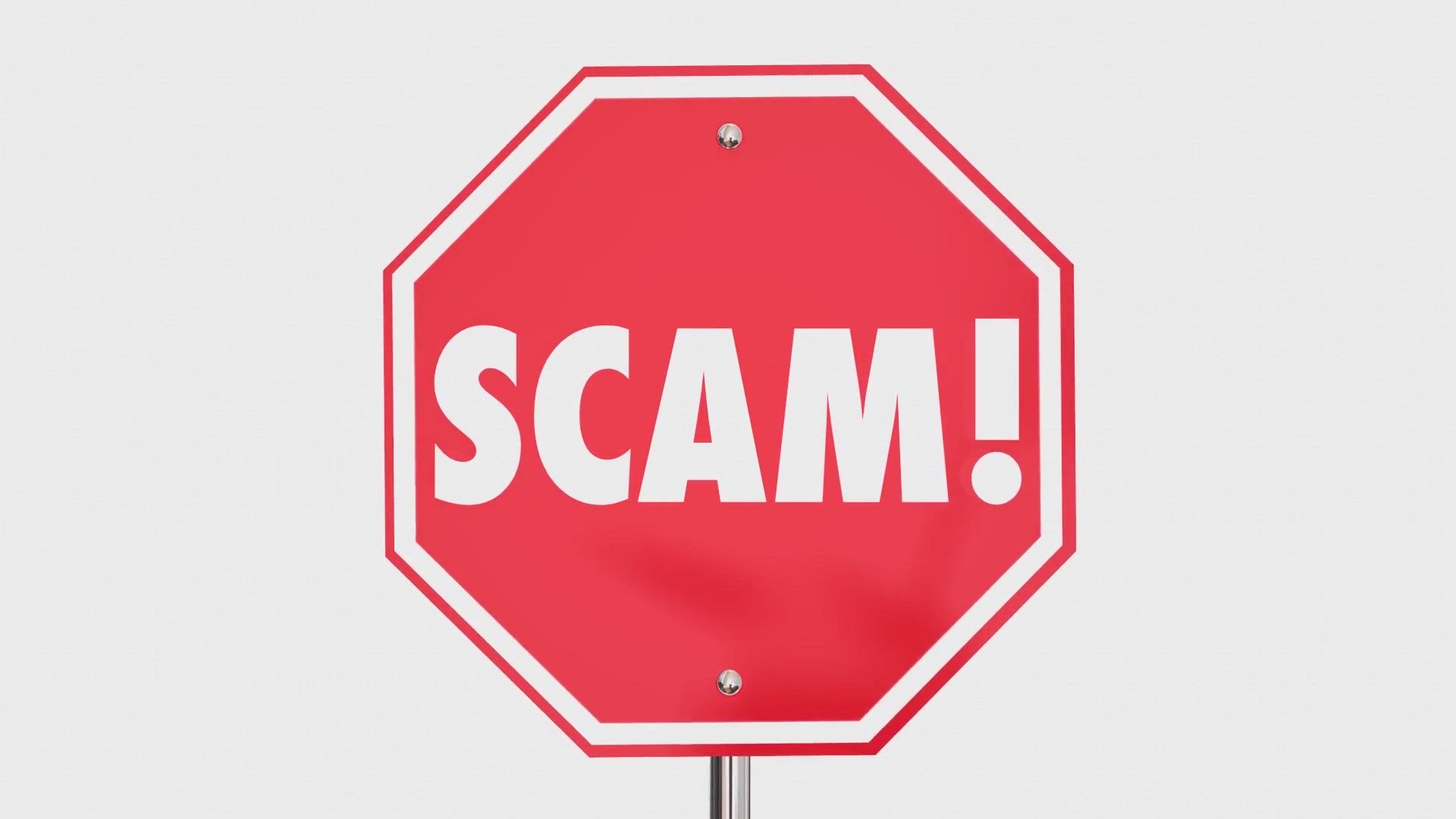JACKSONVILLE, Fla. — The Flagler County Sheriff's Office notified the Bunnell Police Department they received complaints from residents regarding a “spoofing” scam.
Deputies say people are reporting callers who manipulate the phone system to indicate on the Caller ID the same phone number as the one for the Bunnell Police Department.
When answered, the caller identifies themselves as the Bunnell Police Department with an arrest warrant and instructs the person to provide credit card information to pay a fine in order to avoid arrest.
Bunnell Police Chief David Brannon said, “Be assured no real police department or sheriff’s office conducts business like this – ever! I urge residents to immediately hang up if they receive a call or message from anyone making these demands and call the local law enforcement agency to report the incident.”
While these incidents are difficult to prevent, residents can protect themselves by simply not participating in the scam. With reports of this known scam, now is a good opportunity to remind citizens about some of the other ways scammers take advantage of members of the community and how they can protect themselves.
Scammers sometimes call claiming a relative was involved in a serious car accident, usually out-of-state or in another country, and urges the call’s recipient to wire money to either pay for medical treatment or to get out of jail, only to later learn the relative is actually safe at their home.
The FBI suggests the following to protect yourself from spoofing and phishing scams:
- ▪Protect your devices by using anti-virus and anti-malware software. Set the software to update automatically.
- ▪Don’t assume that a message that looks like it is from a friend or business associate is real. Use a known phone number or email account to contact the person or company to confirm before ever clicking on a link or opening an attachment.
- Most importantly, if you have any doubt—don’t click.
- Do not send money or gift cards to anybody that you do not personally know and trust.
- Never give out your personal information, including banking information, Social Security number, or other personally identifiable information, over the phone or to individuals you do not know.
If you believe you are a victim of an online scam, contact your local FBI office. Victims are also encouraged to report the incident to the FBI’s Internet Crime Center at www.ic3.gov.

